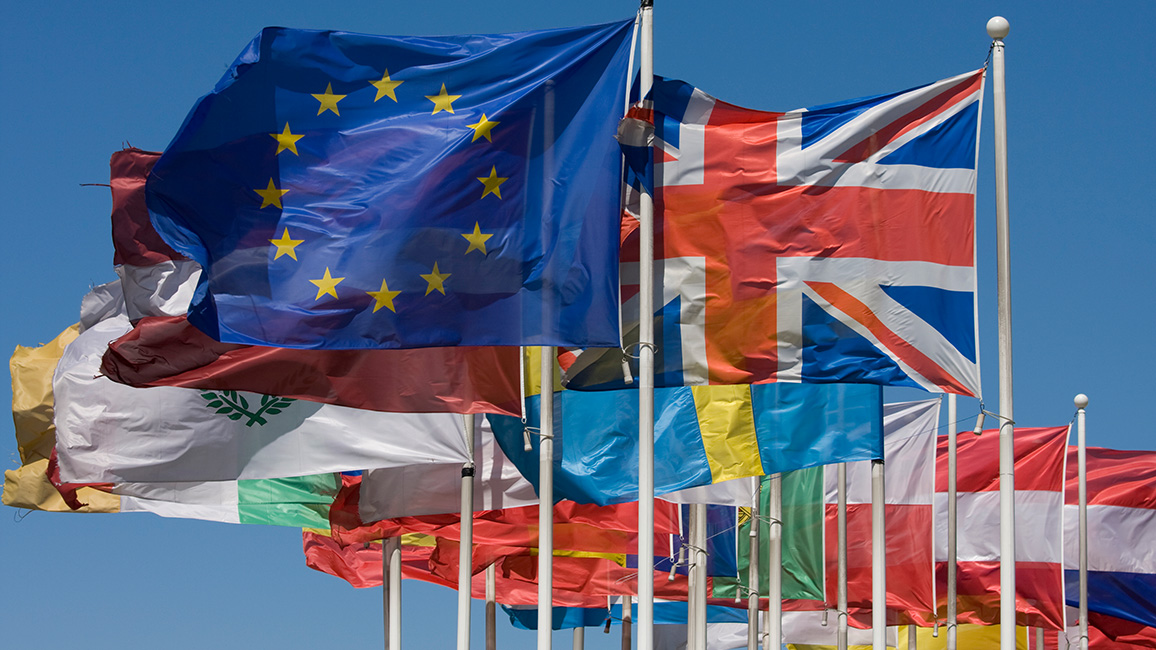Promoting European cooperation on research data
Research on social challenges does not end at institute, university or country borders. The same applies to the development, safeguarding, access and networking of research data.

Thinkstock
Research on social challenges does not end at institute, university or country borders. The same applies to the development, safeguarding, access and networking of research data.

Thinkstock
The high level of participation by German partners in the humanities and social sciences projects in the European Strategy Forum for Research Infrastructures (ESFRI), for example, shows a high level of interest in European cooperation to solve social challenges. The 27 member states of the Forum are united by the goal of coordinating the various European research infrastructure initiatives and jointly establishing and operating new research infrastructures. An ESFRI roadmap with projects on research infrastructures will also be developed, covering the six areas of physics and engineering, environment, energy, health and nutrition, digitisation, and social and cultural innovation.
The European infrastructures in the humanities and social sciences with the participation of German research institutions on the ESFRI roadmap from 2021 are CESSDA, CLARIN, DARIAH, EHRI, E-RIHS, ESS, GGP (for Germany: FReDA), OPERAS, RESILIENCE und SHARE. In the case of SHARE, the international coordination is based in Germany.
SHARE – Survey on Health, Ageing and Retirement in Europe analyses demographic change, one of the greatest challenges facing Europe in the 21st century. Within the framework of the Europe-wide, multidisciplinary, transnational and long-term survey, more than 140,000 respondents in 380,000 interviews have so far provided valuable insights.
More information at the SHARE project website
The European Social Survey (ESS) is also a transnational survey based on scientific standards, that has been carried out every two years since 2001. The ESS collects data on the attitudes and behaviour patterns of populations in more than 30 European countries. One of the goals is to demonstrate stability and change in the social structure, living conditions and attitudes of European citizens and to explain how changes in Europe's political, social and moral disposition come about.
More information at the European Social Survey Website
The Consortium of European Social Science Data Archives (CESSDA ERIC) provides social sciences with comprehensive, integrated and sustainable data services. It brings together data archives across Europe to support national and international research and cooperation.
Read more at the CESSDA ERIC website
MERIL ("Mapping of the European Research Infrastructure Landscape"), the European database of research infrastructures, provides access to information on freely accessible European research infrastructures in all academic fields, including social sciences and the humanities. There are 40 entries for the humanities and social sciences in Germany alone.